When in 2000, just 18 years after its release, the American Film Institute (AFI) made its list of the 100 greatest comedies in American cinema, Tootsie came second only to another film in which its stars dressed as women, Some Like It Hot, and just ahead of such classics as Dr. Strangelove or: How I Learned to Stop Worrying and Love the Bomb, Annie Hall and Duck Soup. It seems that at the end of the 20th century Sidney Pollack‘s film enjoyed enormous prestige, of course at that time the man who dominated Hollywood was Harvey Weinstein, so it remains to be seen how we look back on the famous Dustin Hoffman film, now that it is 40 years old.
In my personal opinion it stands the test of time well, although it seems obvious that a film about a white heterosexual man who positions himself as the champion of women’s rights would not be so well received today. But, considering that it was produced in the early 1980s, we can say that its feminist message still works (although it would now be accused, and rightly so, of mansplaining).
The thing is that it could have been much worse, one of the stories it started from was one in which a tennis player pretends to be a woman in order to be able to win victories more easily. It was the brainchild of Dustin Hoffman and playwright Murray Schisgal, who had based it on the real-life case of Renée Richards, who underwent a sex-change operation in 1975. It was clear that it didn’t have much of a future, so when the actor heard that screenwriter Don McGuire had a story about an unemployed actor who gets a job on a soap opera after disguising himself as a woman, he got the rights and began developing the film.
In the end, he got Sidney Pollack as director, a man used to working with Hollywood stars such as Robert Redford, Paul Newman and Barbra Streisand. But he decided to change the approach, more based on the crude comedy of the first script, and look for something more real, so he passed the sketch to Larry Gelbart to transform it, telling him We’re in the 80s, if a man dresses like a woman, he’d better come out of it better, although the MASH screenwriter has always stated that it was his idea to make the main character, actor Michael Dorsey, come out a better person from the whole experience, the key point of the film. In the end, although Hoffman also got Pollack to play his agent, the relationship between director and star was quite contentious, with a number of disputes during filming.
Despite their many quarrels, the two had one thing in common, the point of view for the film. Hoffman made it clear (even in the contract) that he would not make the film unless he was believable as a woman, while Pollack did not want to make a crude farce for laughs but a film that was as realistic as possible. Here was not a man dressed as a woman, but an actor playing one, something that another acting genius, and star of the aforementioned Some Like It Hot, Jack Lemmon, agreed with, enthusiastically commenting that Hoffman’s performance as Tootsie was not for laughs, but was entirely serious. That’s what makes this film great, the fact of bringing a woman to life makes this unbearable method actor evolve into a better person.
Hoffman’s character is at the beginning of the film a kind of precursor to the one played by Henry Winkler in the HBO series Barry, an actor splendidly gifted at his craft, but pretty bad at everything else, as he demonstrates in his treatment of Teri Garr‘s character. Mind you, some of the film’s funniest moments come from his interaction with his roommate, brilliantly played by Bill Murray who was also cast by Hoffman.
Still, Tootsie is closer to being a romantic comedy than a remake of Some Like It Hot, and certainly closer to the great wonders of the late 30s and 40s like Bringing Up Baby or Ball Of Fire than it is to Meg Ryan‘s films. That tone is clearly due to its director, who focused on the romantic relationship that emerges between Michael/Tootsie and Jessica Lange‘s character, making them first friends and, in the end, a couple, thanks to another of the best lines in the whole film I was a better man with you as a woman than I ever was with a woman as a man.
It is a finale that sets out the feminist thesis of this film in which Hoffman himself had a revelation when he saw himself as a woman. Once he managed to look convincing as a woman, the actor asked the make-up department to make him look like a beautiful woman, but the head make-up artist said something to the effect that he couldn’t work miracles either, and Hoffman was devastated to realise that although Tootsie was a most interesting person, he would never have spoken to her as a man.
Many of these concerns are seen in the film and in Gelbart’s screenplay, such as the moment when, at his audition for the role in the soap opera, as Tootsie, he blurts out, Yeah, I think I know what they really want: Yeah, I think I know what they really want. They want a disgusting caricature of a woman. To prove some idiotic point, like that power makes women masculine, or that masculine women are ugly. Well, shame on the woman who lets them do that… Powerful words, though clearly they would have been more so had they been uttered by a woman.
And it could make for an interesting debate whether its feminism still holds up in the 21st century, since making a man realise how horrible the situation of women is and rebel against it is probably not the most appropriate thing to do. Even so, I think that for the years in which it was filmed, it hasn’t aged badly at all, and given the context of the time (remember that the same year Porky‘s and a couple of Pajares and Esteso films were released), it’s almost radical. And we mustn’t forget that perhaps the most significant line in the film is the one Lange’s character says to Tootsie: Don’t you think that being a woman in the 80s is quite complicated? The amazing thing is that both Michael and Dustin had to put on heels to realise this…

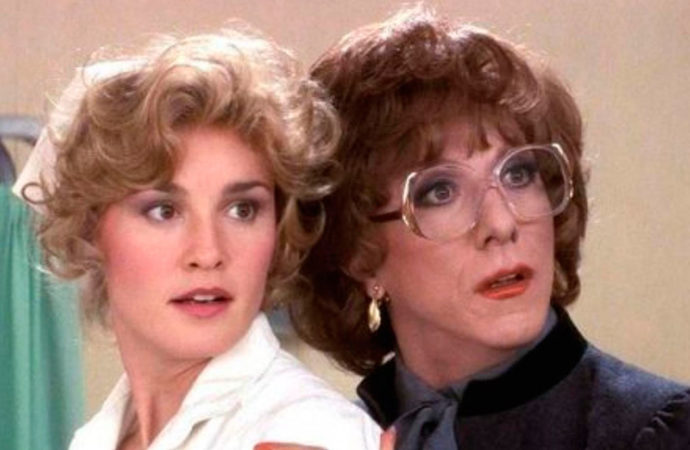

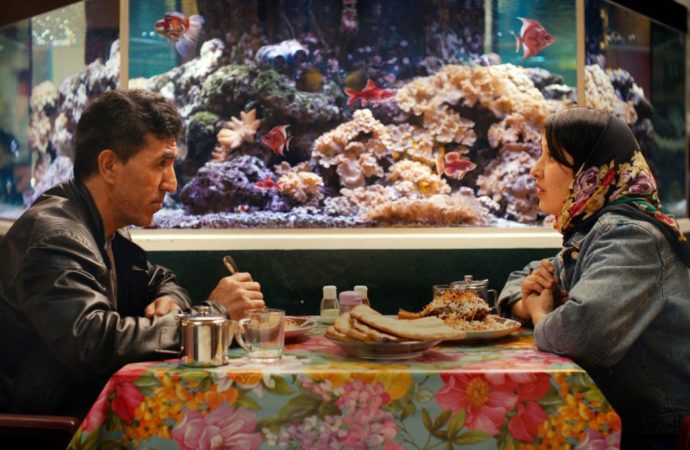

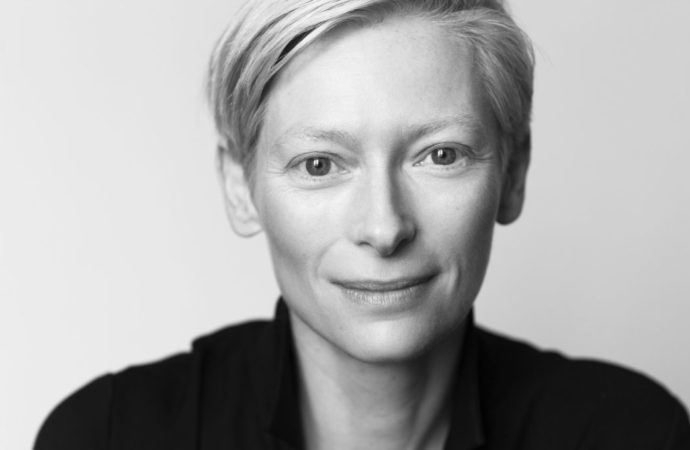
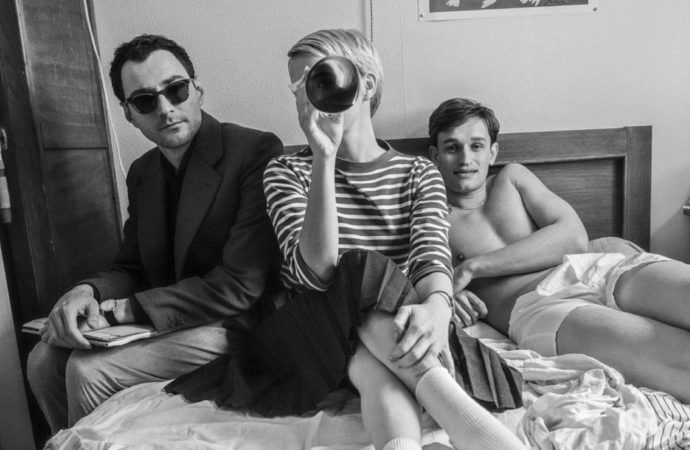
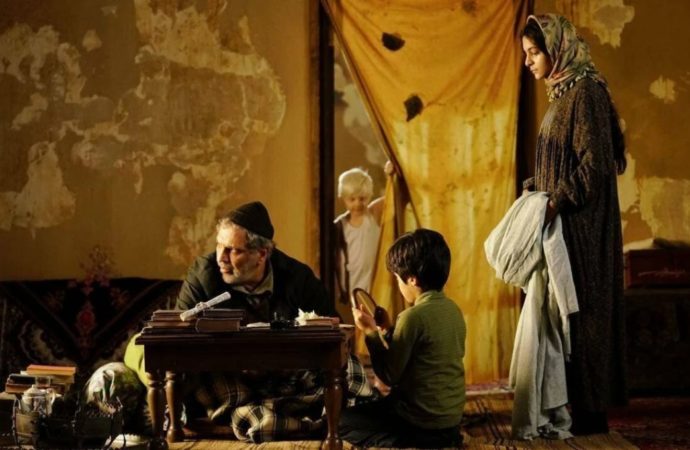
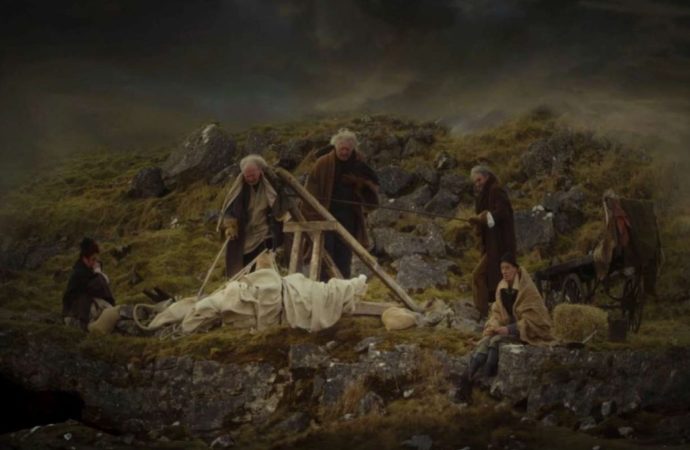
No one has posted any comments yet. Be the first person!